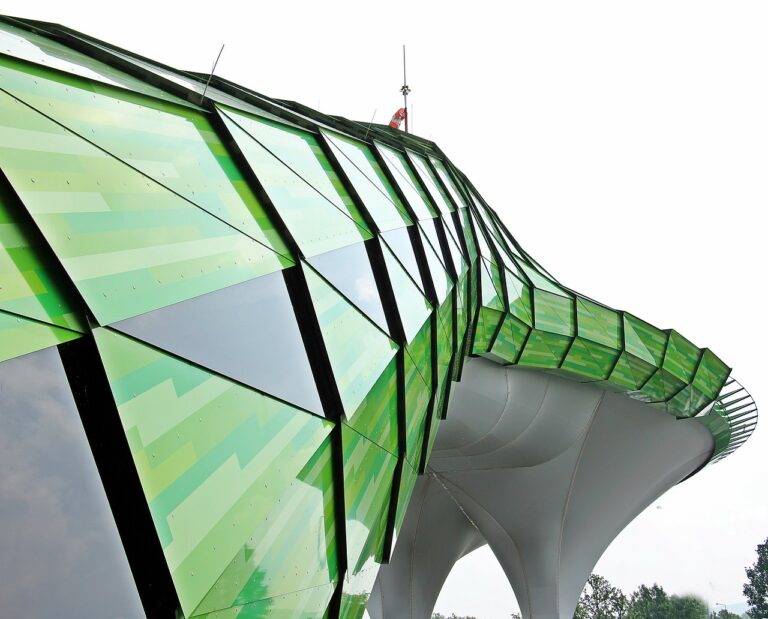The Future of Sustainable Transportation: Tech Innovations
Electric vehicles (EVs) have emerged as a key player in the realm of sustainable transportation. With advancements in technology and increasing environmental awareness, EVs are becoming a popular choice for eco-conscious consumers. The shift towards electric vehicles signifies a significant step towards reducing carbon emissions and combating climate change.
One of the main advantages of electric vehicles is their lower greenhouse gas emissions compared to traditional gasoline-powered cars. By reducing our reliance on fossil fuels, EVs play a crucial role in creating a cleaner and greener environment for future generations. As more automakers invest in electric vehicle technology and infrastructure improves, the widespread adoption of EVs is expected to continue its upward trajectory in the coming years.
Autonomous Vehicles: The Role of Self-Driving Cars in the Future
Autonomous vehicles, commonly known as self-driving cars, are revolutionizing the transportation industry. These futuristic vehicles have the potential to completely transform the way we travel, offering increased safety, efficiency, and convenience. With advancements in artificial intelligence and sensor technology, autonomous vehicles are paving the way for a future where human error is minimized, and road accidents are greatly reduced.
The role of self-driving cars in the future is not limited to personal transportation; they also have implications for public transportation systems and urban infrastructure. Autonomous vehicles can be integrated into ride-sharing services, public buses, and even delivery fleets, making transportation more accessible and environmentally friendly. As cities continue to grapple with issues such as traffic congestion and air pollution, autonomous vehicles offer a promising solution to create more sustainable and efficient urban mobility networks.
• Autonomous vehicles offer increased safety by minimizing human error
• They provide greater efficiency and convenience in transportation
• Advancements in artificial intelligence and sensor technology are driving the development of self-driving cars
• Self-driving cars have the potential to greatly reduce road accidents
The future role of autonomous vehicles extends beyond personal transportation. These self-driving cars can be integrated into various modes of public transportation, including ride-sharing services, buses, and delivery fleets. By incorporating autonomous vehicles into urban infrastructure, cities can create more sustainable and efficient mobility networks. This integration not only improves accessibility but also helps address issues such as traffic congestion and air pollution that many urban areas face today.
Solar-Powered Transportation: Harnessing the Sun for Eco-Friendly Travel
Solar-powered transportation is a promising innovation in the realm of eco-friendly travel. By harnessing the sun’s renewable energy, vehicles can significantly reduce their carbon footprint and contribute to a more sustainable future. The utilization of solar power in transportation not only decreases reliance on fossil fuels but also presents a cost-effective and long-term energy solution.
One of the key advantages of solar-powered transportation is its potential to revolutionize the way we commute. With advancements in solar technology, vehicles can now be equipped with solar panels to capture and convert sunlight into energy. This renewable energy source enables vehicles to operate with reduced environmental impact, opening up new possibilities for clean and efficient transportation options.
How do electric vehicles contribute to sustainable transportation?
Electric vehicles do not rely on fossil fuels and produce zero emissions, making them a more environmentally friendly option compared to traditional gasoline-powered vehicles.
What role do self-driving cars play in the future of transportation?
Self-driving cars have the potential to improve road safety, reduce traffic congestion, and increase efficiency in transportation systems.
How does solar power play a role in eco-friendly travel?
Solar power can be used to charge electric vehicles and provide energy for transportation systems, reducing reliance on nonrenewable energy sources and decreasing carbon emissions.





